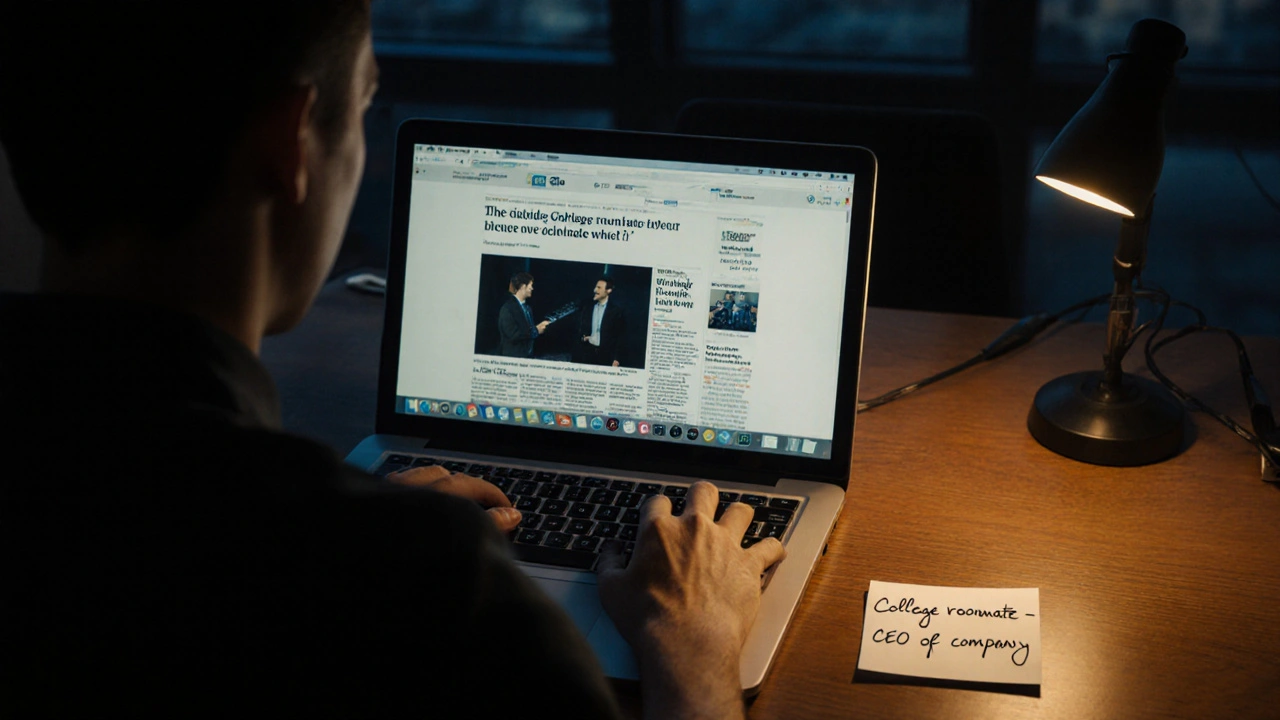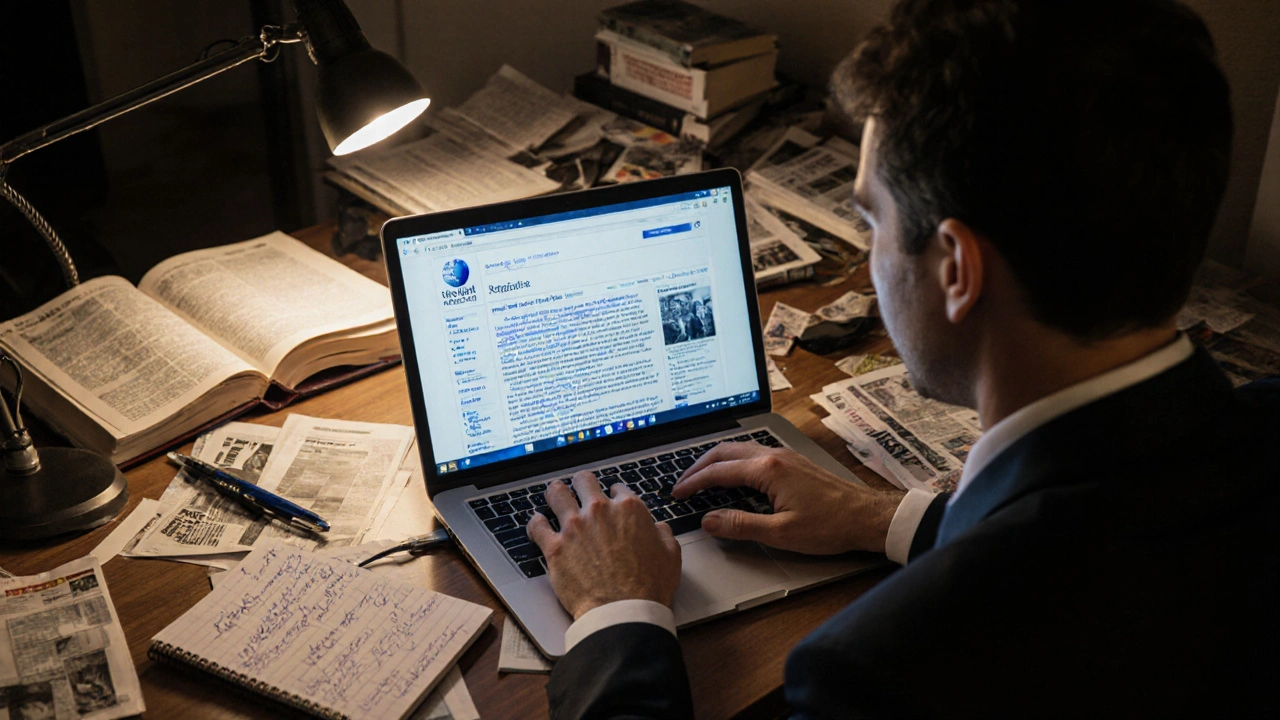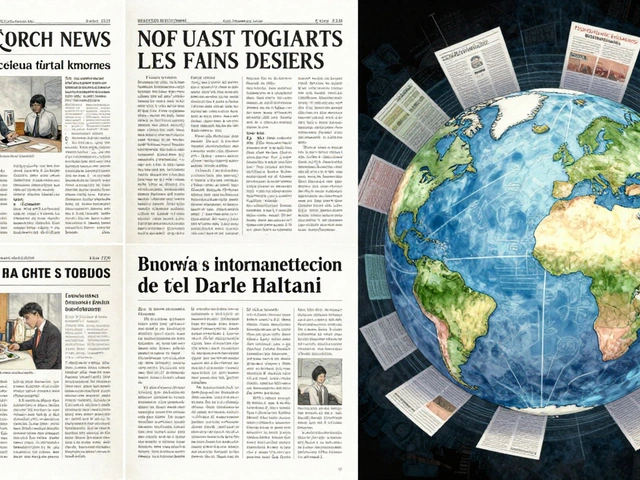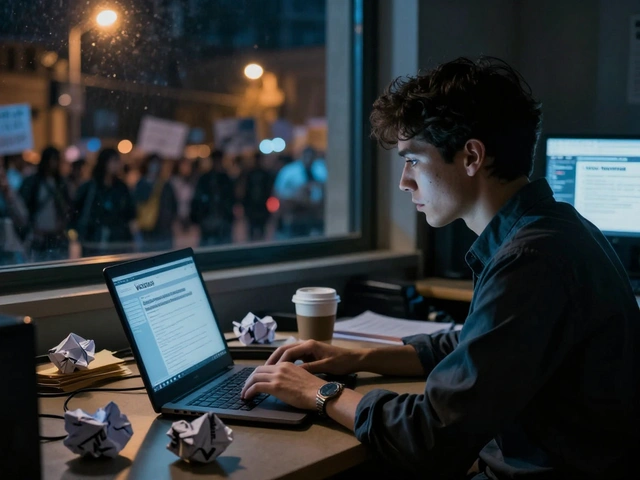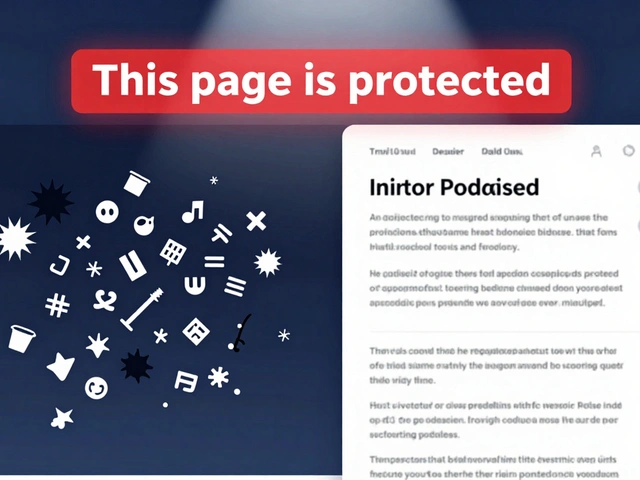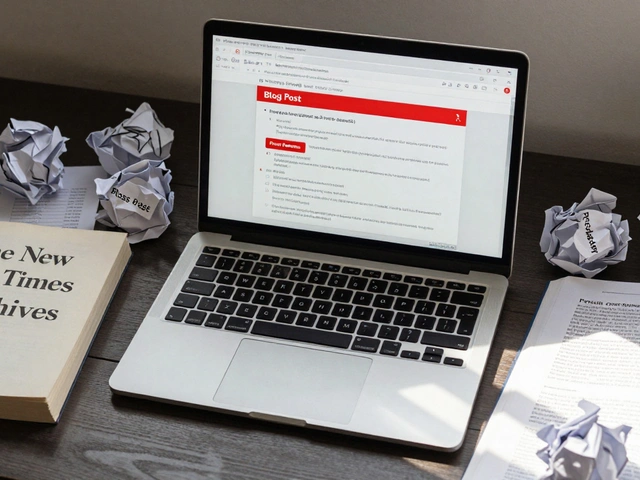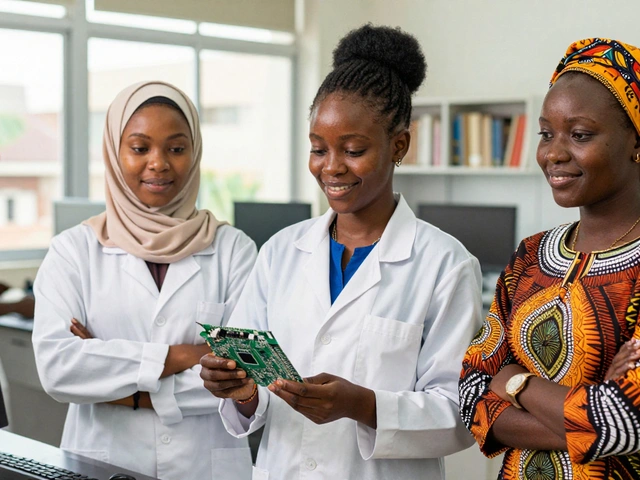Journalistic Integrity on Wikipedia: How Open Knowledge Stays Trustworthy
When you think of journalistic integrity, the commitment to truth, accuracy, and accountability in reporting. Also known as ethical journalism, it’s what separates credible information from noise. You might not expect that same standard to exist on Wikipedia—but it does. Every edit, every citation, every dispute on a news-related article is filtered through a system built for transparency, not clicks. Unlike traditional media, Wikipedia doesn’t have editors making decisions behind closed doors. Instead, it relies on public talk pages, verifiable sources, and a community that can call out bias in real time.
This isn’t just theory. Look at how WikiProject COVID-19, a volunteer-driven effort to maintain accurate pandemic information handled the crisis. They didn’t wait for press releases. They used peer-reviewed studies, official health bulletins, and real-time data to update articles faster than many news outlets. That’s journalistic integrity in action: sourcing, cross-checking, and admitting when you’re wrong. And it’s not just about big events. The same rules apply to a local election result, a corporate scandal, or a celebrity rumor. Reliable secondary sources, published reports that analyze or interpret primary data are the backbone—not tweets, not blogs, not press releases. Even photos need licenses and verification. One wrong image can spread misinformation faster than a hundred words.
Wikipedia’s talk pages, public forums where editors debate content changes are where the real journalism happens. No anonymous comments. No hidden agendas. Every claim must be backed by a source. Every edit is logged. Every dispute is documented. That’s why journalists use Wikipedia not as a source—but as a map to real evidence. It shows you where to look next. And when AI starts generating fake citations that look real, Wikipedia’s human-driven fact-checking stands out even more. You won’t find perfect articles. But you will find a system designed to get closer to the truth than any algorithm alone ever could.
Below, you’ll find real stories from inside Wikipedia’s community—how editors fight for accuracy, how policies protect against bias, and how everyday people keep the world’s largest encyclopedia honest. No fluff. No hype. Just how open knowledge stays trustworthy.
Conflict of Interest Policy: How Editors Stay Neutral When Personal Ties Clash With Professional Duty
Conflict of interest policies in journalism ensure editors don’t let personal ties affect their reporting. Learn how these rules evolved, what they cover today, and why transparency matters more than ever.
The Ethics of Using Wikipedia Content in Professional Journalism
Wikipedia is a quick reference for journalists, but using it as a source risks credibility. Learn how to ethically use Wikipedia for research without compromising journalistic integrity.
